South Korea Demand for "Seoul-brand" universities is high despite families spending up to five months of their income to support one student for a year.
In the capital Seoul, the high cost of education is a burden for most families. A report by the Korean Ministry of Education in late April said that on average, each student in urban areas has to pay 7.7 million won in tuition fees per year (142 million VND), 20% higher than in other areas.
According to statistics from Decent News , an education magazine, most prestigious universities in Seoul such as Korea University, Hanyang University, Sungkyunkwan University, etc., charge tuition fees of more than 8 million won per year. Yonsei University alone charges more than 9 million won. If you include rent and living expenses, a student needs more than 24.3 million won per year.
Meanwhile, data from Statistics Korea shows that the average household income in the second quarter of 2023 was 4.79 million won per month. To support a university student in Seoul for a year, their family would have to spend more than 5 months of income. This figure makes a university degree in Seoul a luxury for many people.
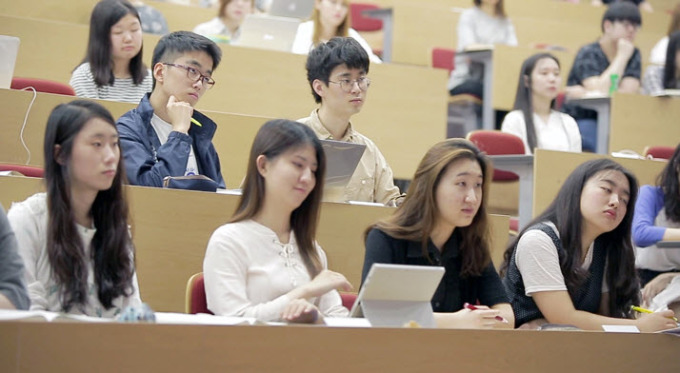
Students at Seoul National University, South Korea. Photo: SNU
Despite rising tuition fees and living standards in the capital, the appeal of Seoul's universities has not diminished.
According to statistics from the Korean Council for Higher Education in 2021, of the 162 universities that are unable to enroll enough students, less than 10% are located in the capital Seoul. While many local universities are at risk of closing due to low enrollment, schools in Seoul still receive many times more applications than their quota.
“Degrees from Seoul-branded universities are still considered more prestigious than those from elsewhere, regardless of major,” said Kim Kyu Seok, director of admissions at the New York University System in Korea.
He said the growing industrial economy in the Seoul metropolitan area has led many people to believe that studying here will help them have more job opportunities after graduation, as well as keep up with lifestyle trends.
Another reason, according to John Lie, a sociology professor at the University of California-Berkeley, is that most of the famous universities are located in the capital. Of the top 10 most prestigious universities in Korea in 2024, according to the Times Higher Education rankings, 7 are based in Seoul.
"Seoul is almost a concentration of elite universities, so by extension, people have the feeling that every school in Seoul is better than any other area," he said, arguing that this is a wrong view. He cited the world-renowned Korea Advanced Institute of Science and Technology (KAIST) in Dae Jeon Province as an example.
Many other famous schools such as Pohang University of Science and Technology and Ulsan National Institute of Science and Technology are also not in Seoul, and tuition fees are only about 5-6 million won/year.
The influx of students to Seoul is one of the reasons why local universities are suffering heavy losses, despite offering many incentives to attract students, such as free computers and first-semester tuition waivers.
In 2021, Busan National University admitted more than 4,500 students, but 83.7% of those admitted did not enroll. The situation was similar at Kyungpook National University in Daegu, where the rate was nearly 87% of the 4,300 students admitted.
Phuong Anh (According to Times Higher Education, Korea Jookang Daily )
Source link


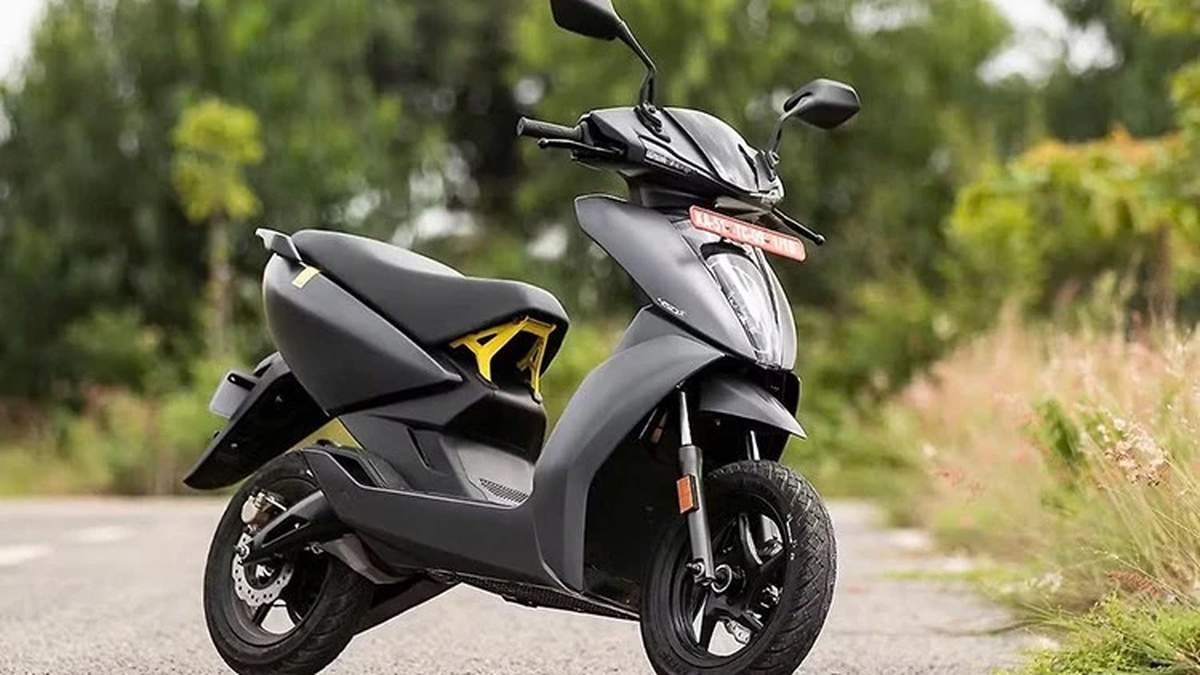
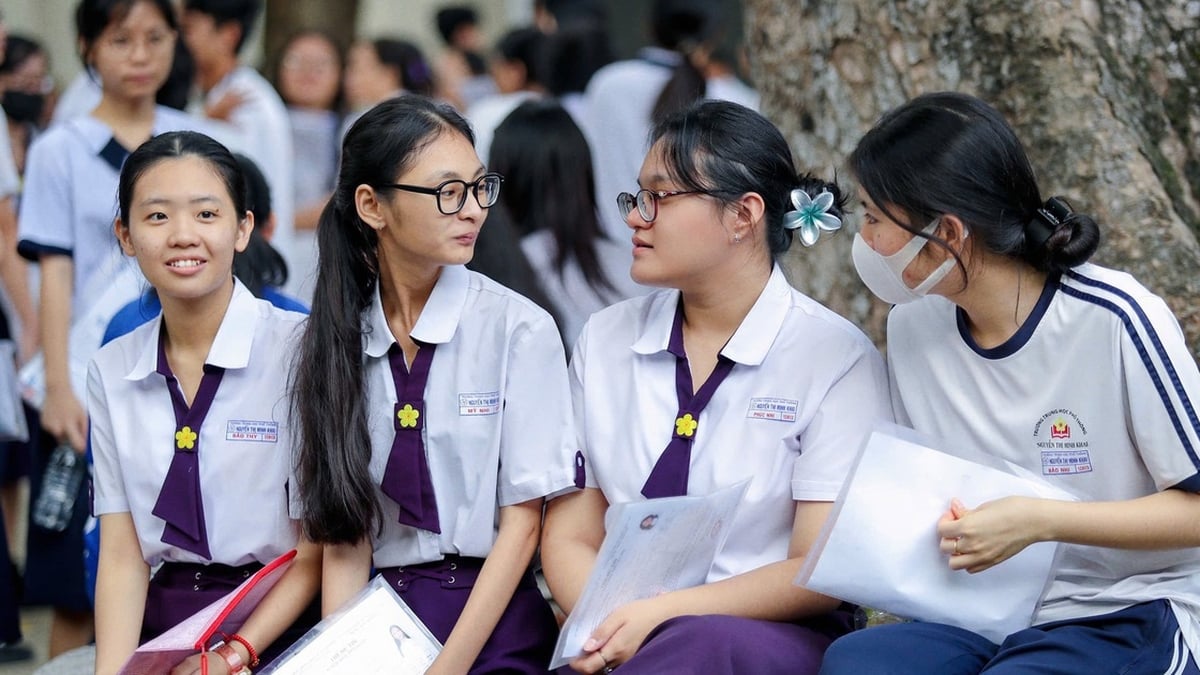

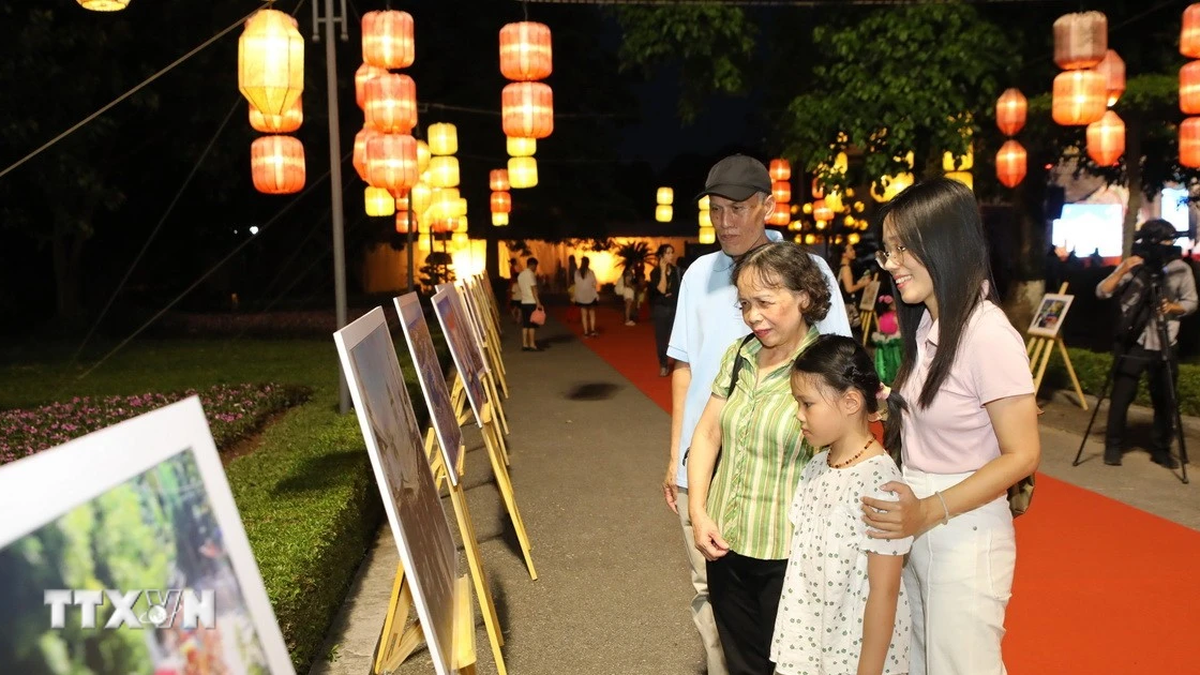



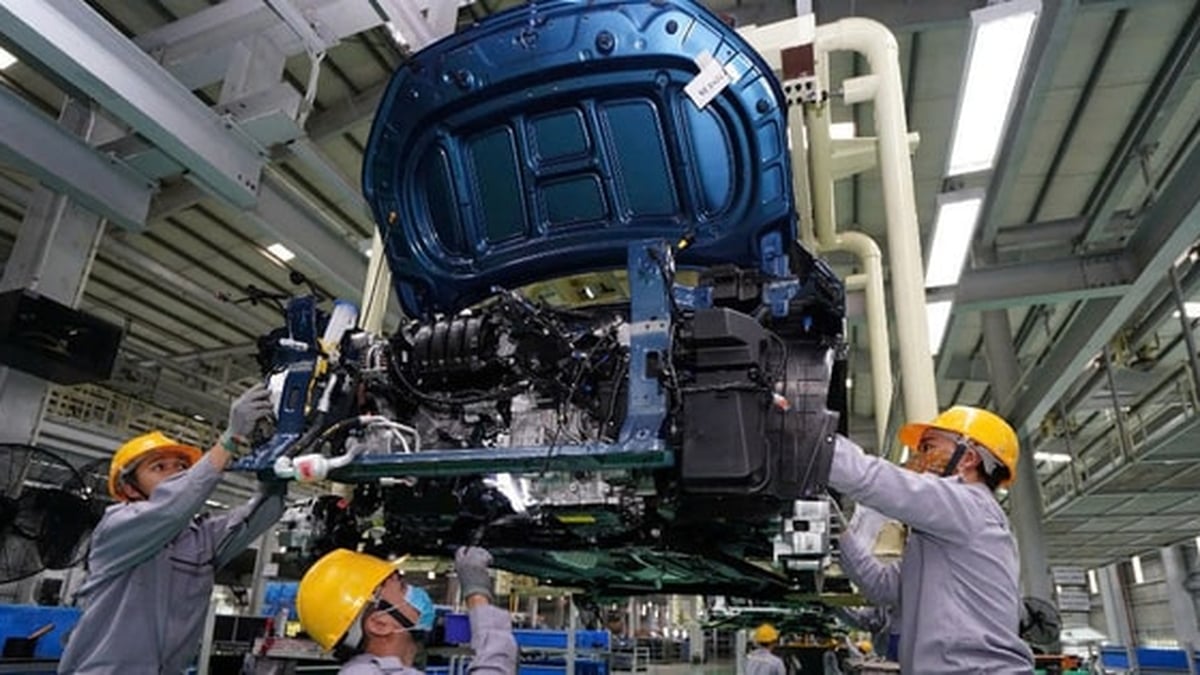

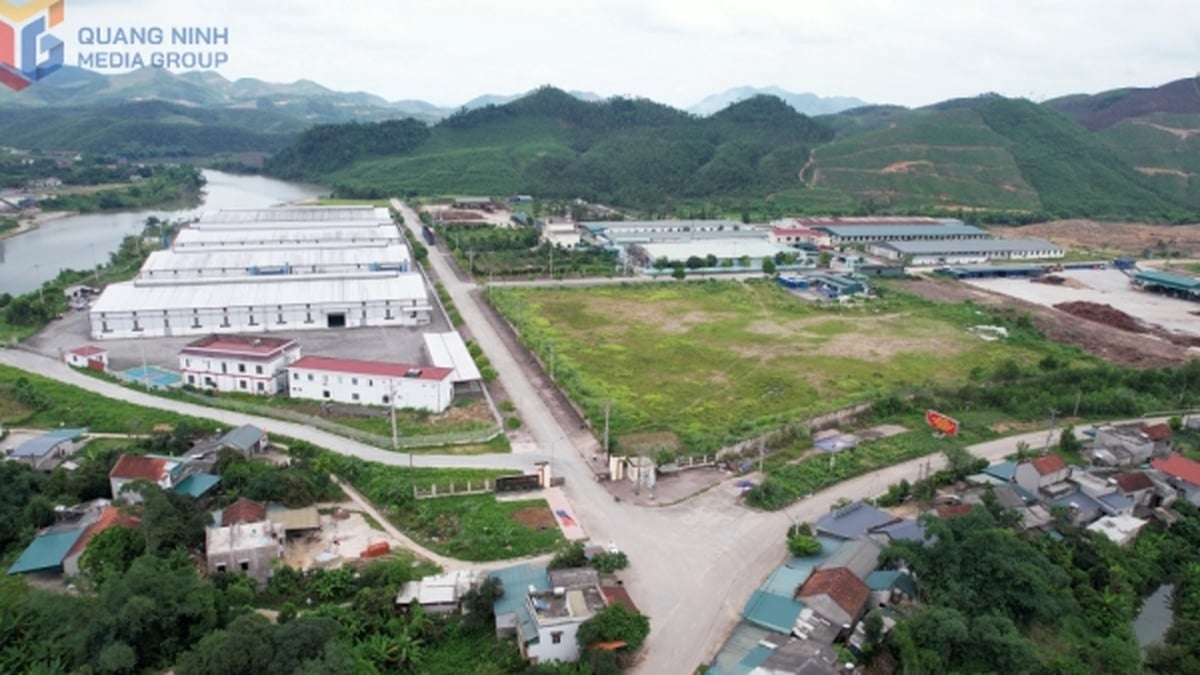







































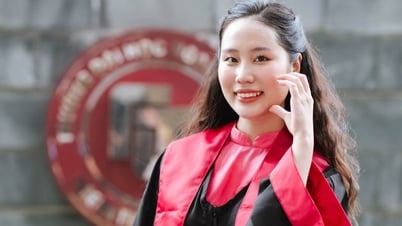








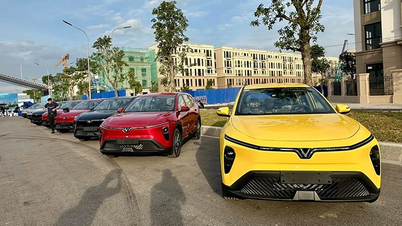











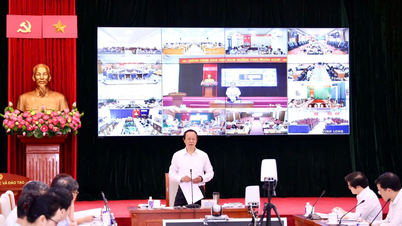

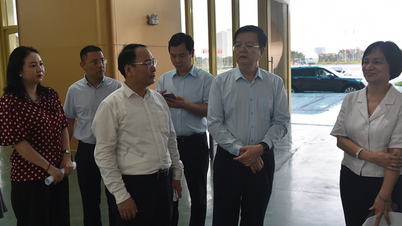
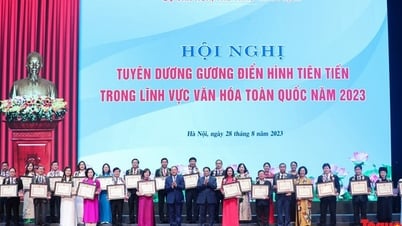

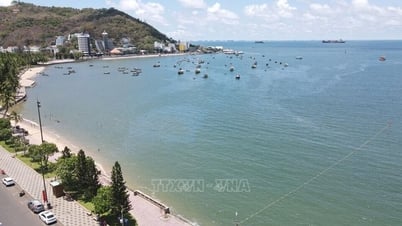






















Comment (0)